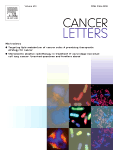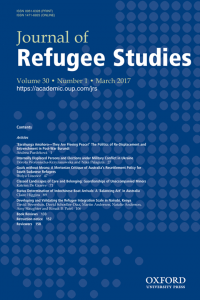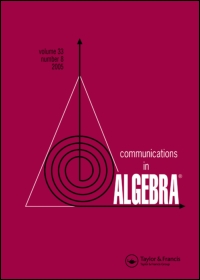 Two molecular biologists have withdrawn two 2015 papers published in the same journal, citing image duplication and manipulation, among other issues.
Two molecular biologists have withdrawn two 2015 papers published in the same journal, citing image duplication and manipulation, among other issues.
One notice — published in June — explains that, after further investigation, the Journal of Biological Chemistry (JBC) found certain experiments “were not performed appropriately.” The other notice cites “missing data” and notes that certain data “did not accurately represent experimental conditions.”
The authors of the papers—Daniel L. Kaplan, associate professor at Florida State University who heads a genomics lab, and Irina Bruck, assistant scholar scientist in Kaplan’s lab—also received a correction in JBC this month, which cites image duplication.
The three notices, all published this month in JBC, may reveal a pattern, but there’s still a lot we don’t know. One of the two papers was questioned on PubPeer. Several commenters flagged duplicated images and had questions about the antibody used.
Here’s one retraction notice, published this month: Continue reading “Some experiments were not performed appropriately:” Florida researchers lose two papers
 In 2013, Frank Sauer blamed “visual distortion” for problems with the images in his papers and grant applications. That explanation gave way to the production in 2016 of a mysterious and ominous letter from an unnamed researcher claiming that they’d sabotaged Sauer’s work in a plot of revenge. Soon after, Sauer was claiming that a mysterious cabal was plotting to undermine the output of German researchers.
In 2013, Frank Sauer blamed “visual distortion” for problems with the images in his papers and grant applications. That explanation gave way to the production in 2016 of a mysterious and ominous letter from an unnamed researcher claiming that they’d sabotaged Sauer’s work in a plot of revenge. Soon after, Sauer was claiming that a mysterious cabal was plotting to undermine the output of German researchers. 



 When a journal discovers elementary design flaws in a paper, what should it do? Should it retract immediately, or are there times when it makes sense to give the researchers time to perform a “do-over?”
When a journal discovers elementary design flaws in a paper, what should it do? Should it retract immediately, or are there times when it makes sense to give the researchers time to perform a “do-over?”